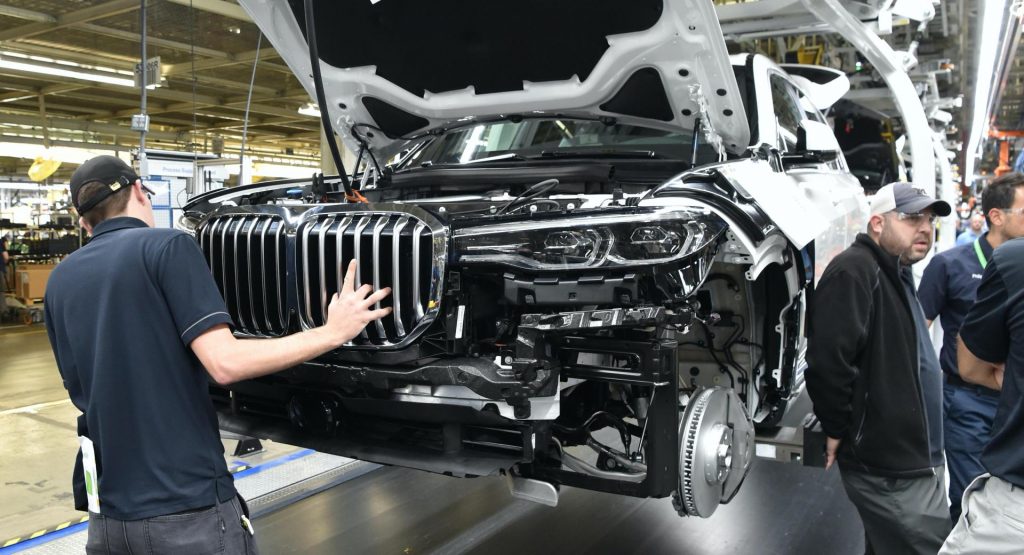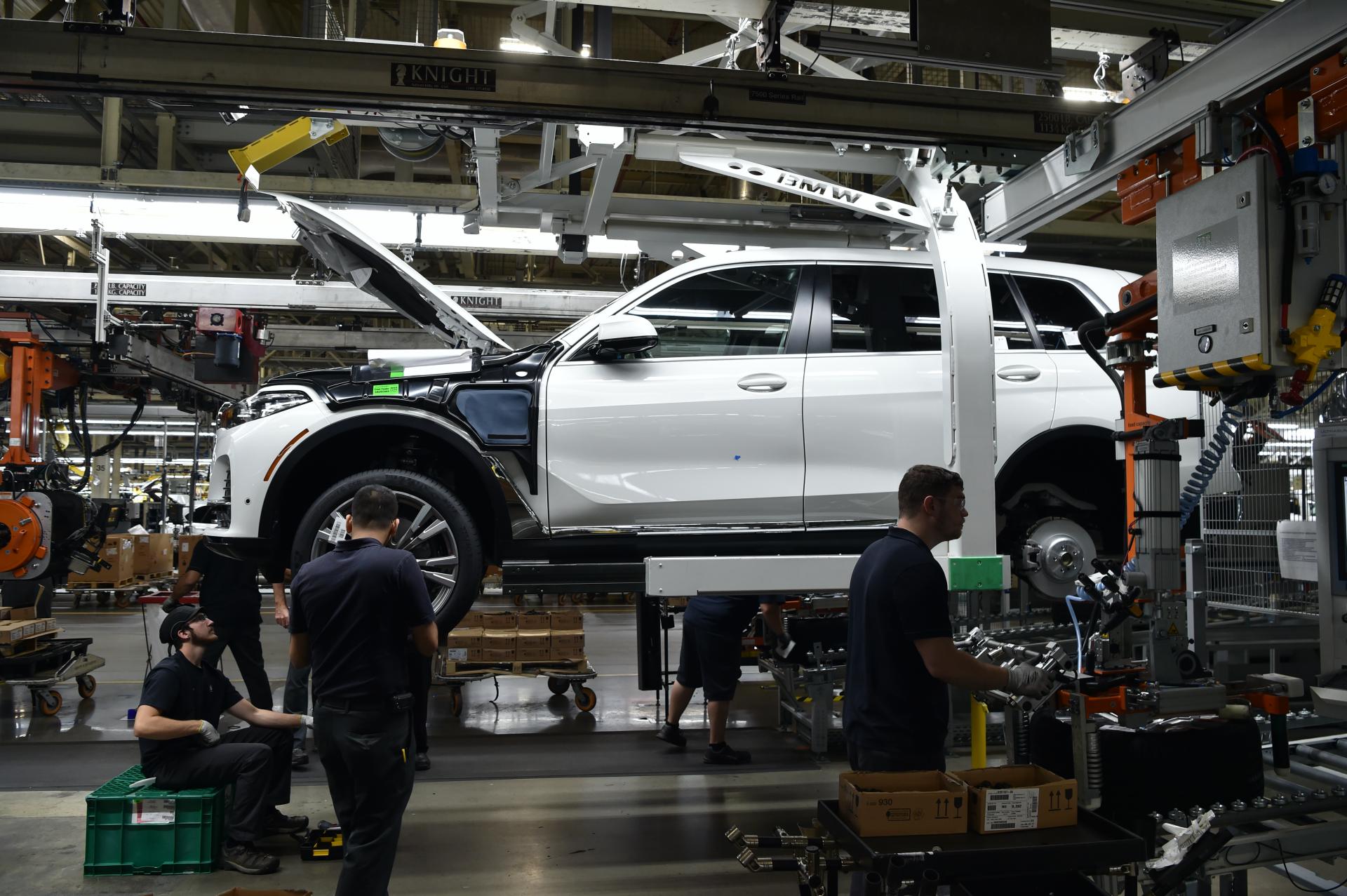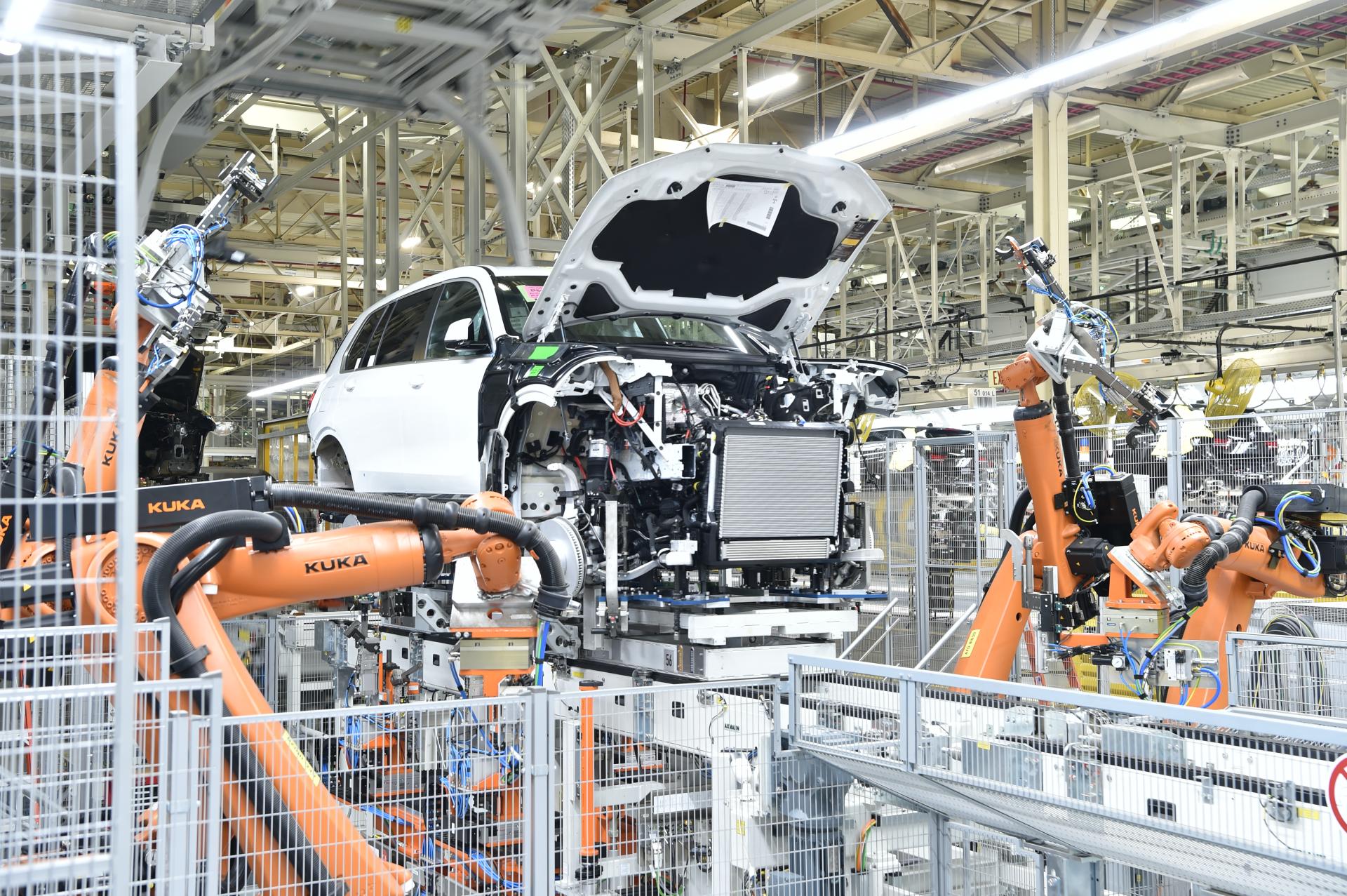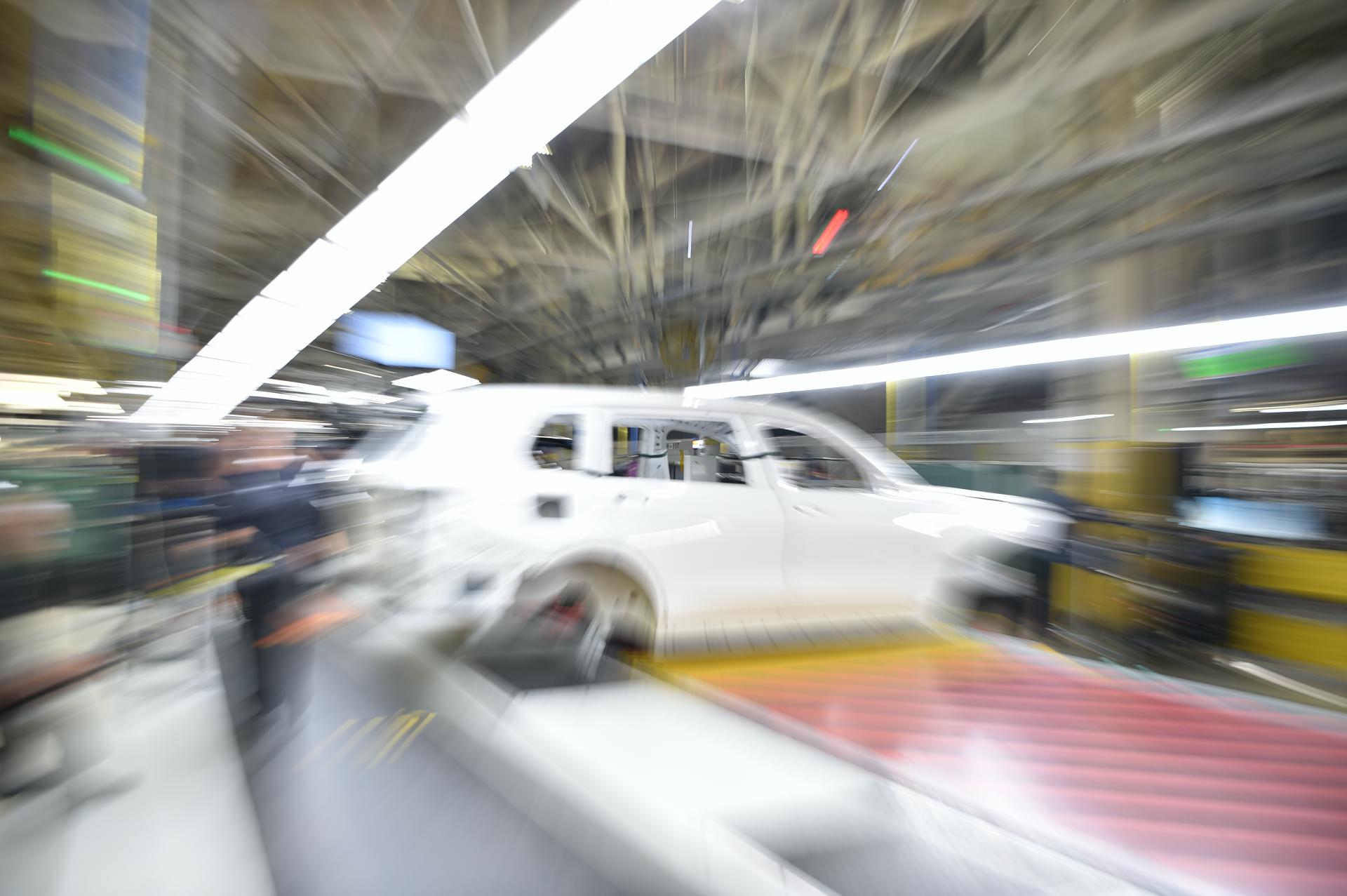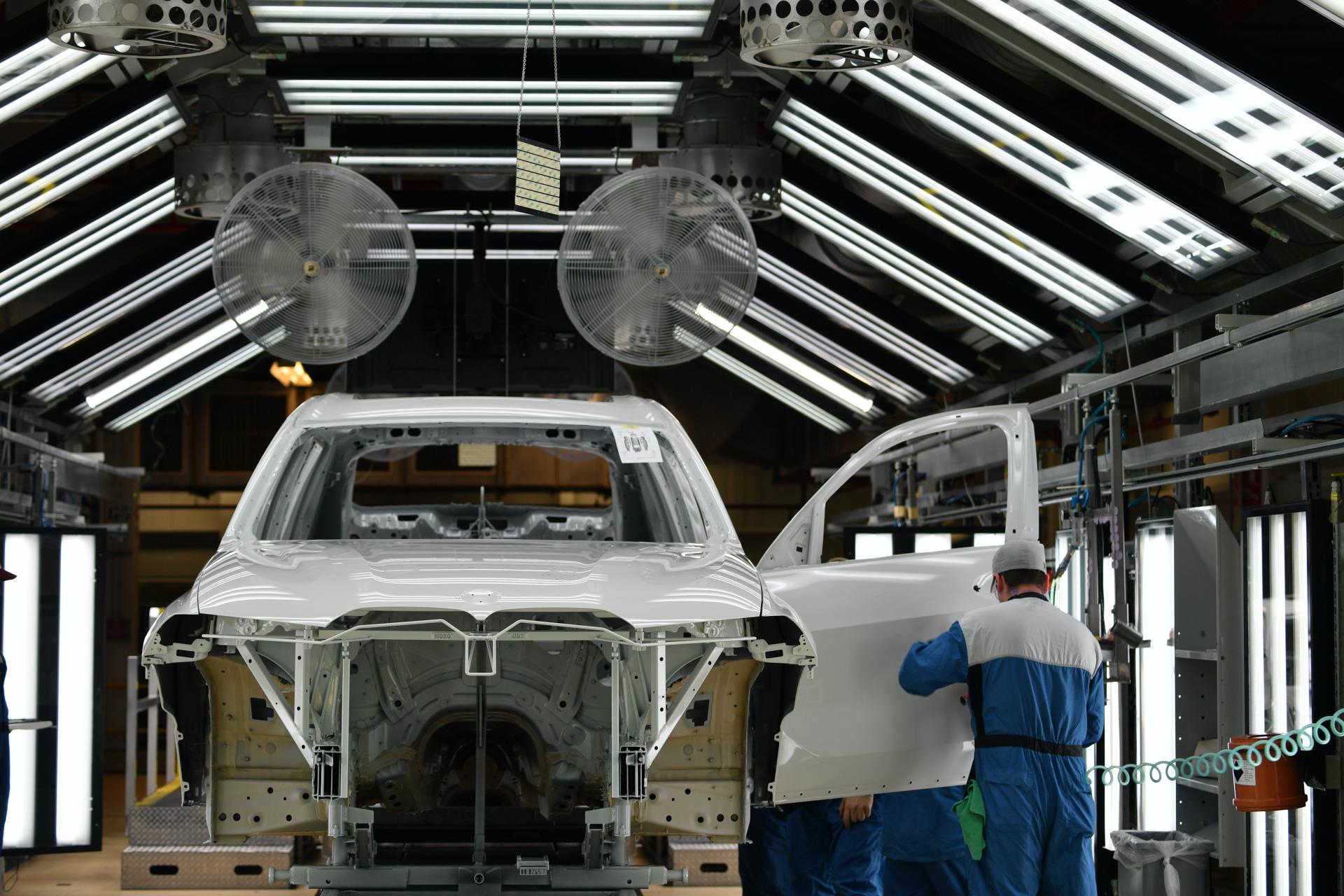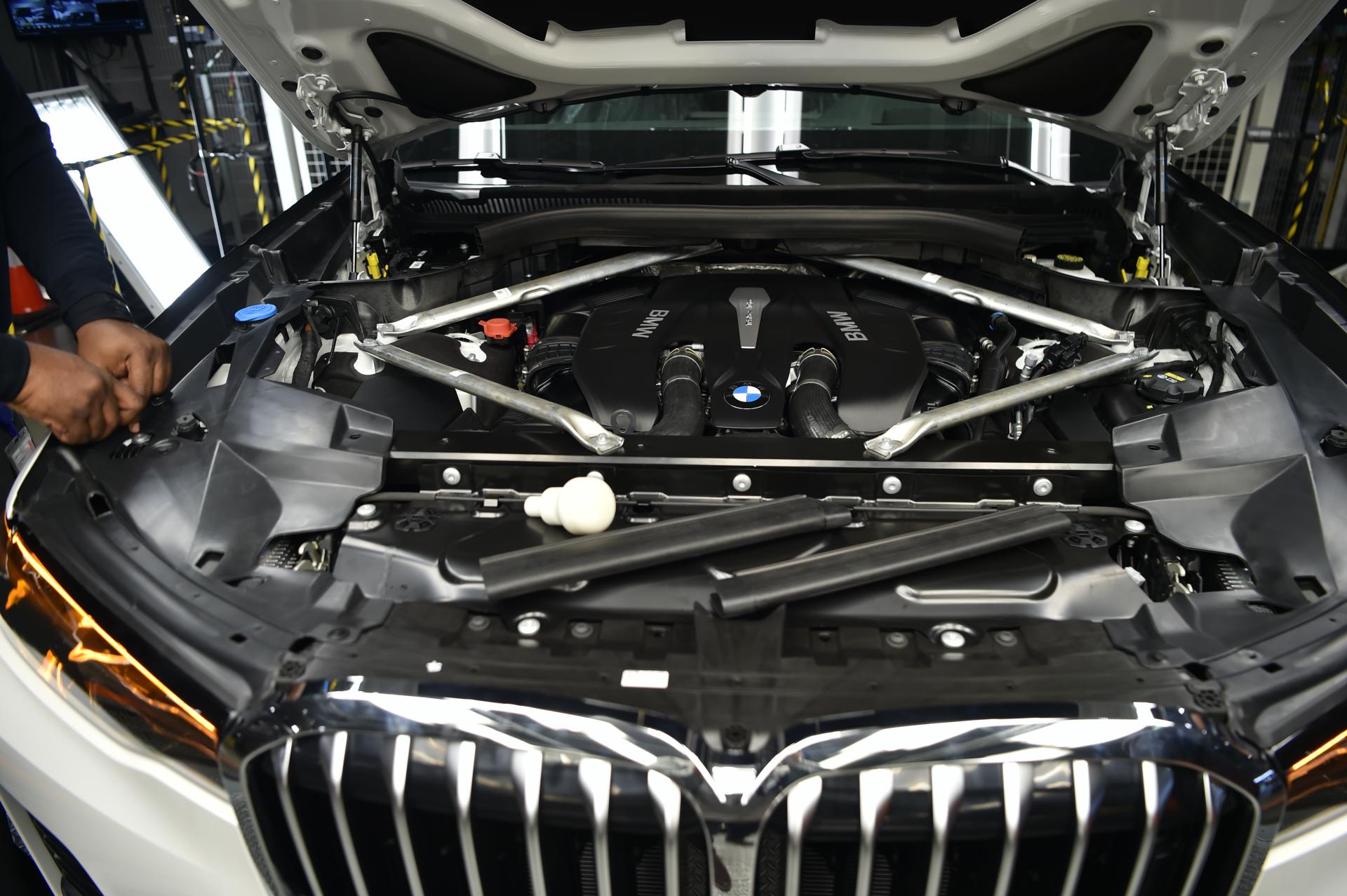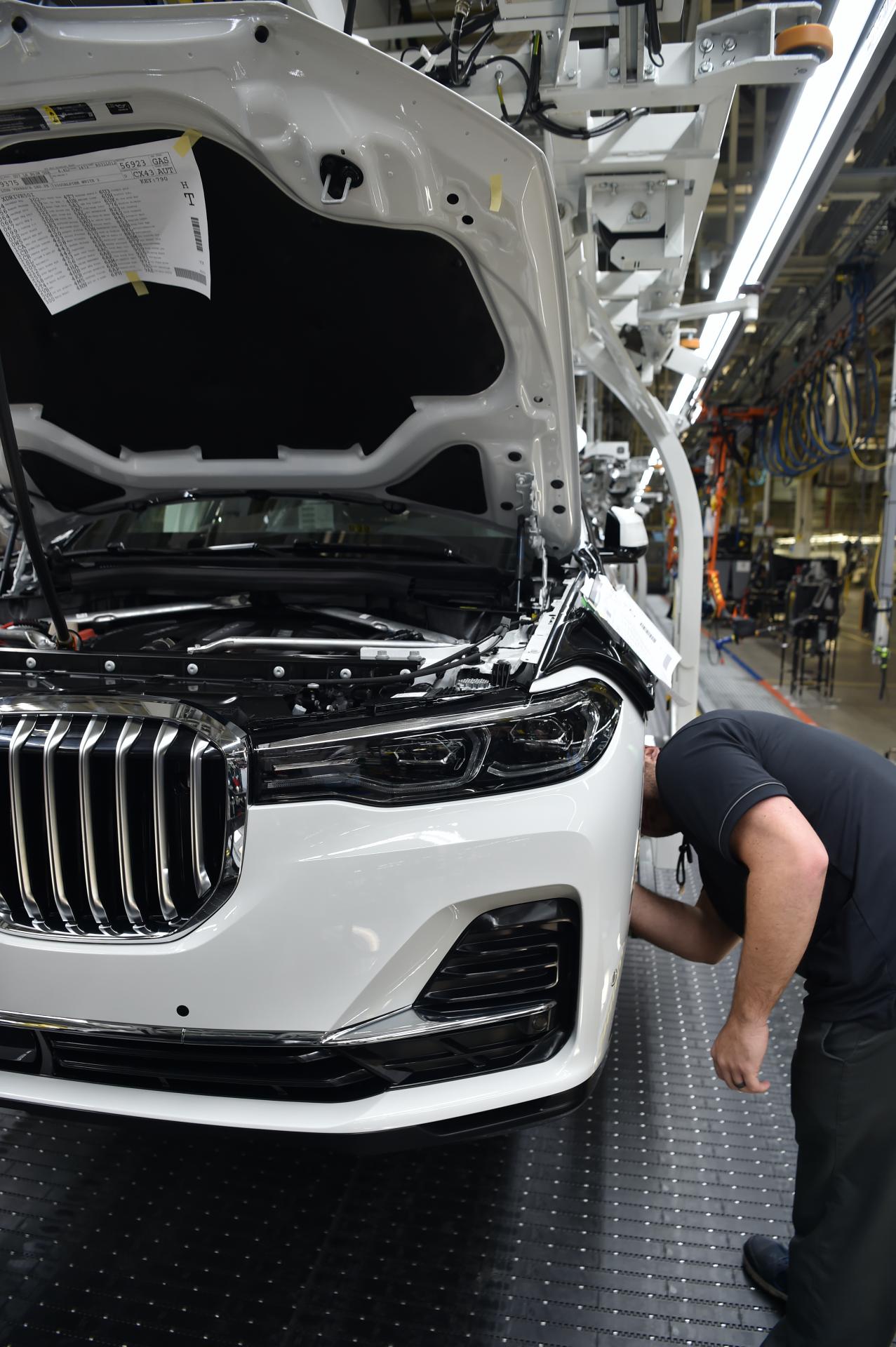The outgoing year was a great one for BMW in the United States as the German carmaker became the No. 1 luxury car brand, beating arch-rivals Mercedes-Benz and Audi.
But the German carmaker has another reason to celebrate and it’s a bigger one. Its largest plant in the world, located in Spartanburg, South Carolina, ended last year on a roll with a record output of 411,620 vehicles.
Fueled by a soaring global demand for crossovers, the facility built 15 percent more vehicles in 2019 than the previous year. The result also surpassed the previous production record, set in 2016, by 449 units. If this trend continues, BMW’s Spartanburg plant could soon reach its maximum annual capacity of 450,000 units.
Related: BMW Doubles Battery Production Capacity In Spartanburg For X3, X5 PHEVs
The most produced model at the South Carolina plant last year was the X5, with 161,096 units, followed by the X3, with 115,088 units. BMW’s largest SUV to date, the X7, accounted for 52,619 units in its first year of production at Spartanburg.
“The past three years have been among the most challenging in the history of Plant Spartanburg. Our plant’s model portfolio is fresh and popular around the world,” Knudt Flor, president and CEO of BMW Manufacturing, said in a statement seen by Autonews.
BMW exports approximately 70 percent of the Spartanburg plant’s production volume to around 125 markets worldwide. China is by far the biggest export market for the U.S. factory, with the Asian country gobbling up nearly a third of the facility’s total exports in 2018.
That year, BMW stopped exporting the X3 compact crossover from the U.S. to China to avoid tariffs. The automaker worked its way around the trade war by adding X3 production at its plants in Rosslyn, South Africa, and Shenyang, China.



